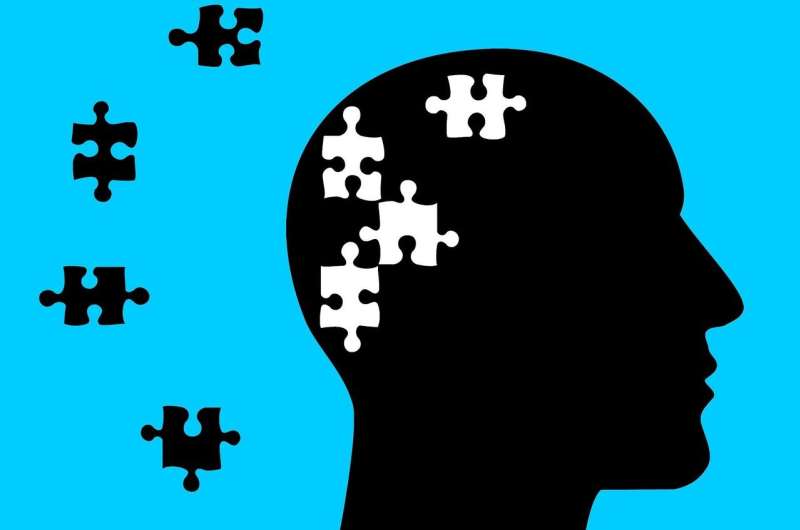Philosophers and Psychiatrist Discuss the Impact of Outsourcing Human Struggle to AI

Leading thinkers discuss the impact of AI on human effort, mastery, and the pursuit of meaningful achievement, emphasizing the importance of preserving human challenge in the age of automation.
In recent discussions, leading philosophers and a psychiatrist have reflected on the consequences of relying on artificial intelligence to handle tasks that traditionally required human effort and perseverance. The conversation explores how AI-generated content and solutions might diminish the value of personal effort, skill development, and the intrinsic satisfaction derived from overcoming challenges.
Creativity and mastery have historically been fueled by dedicated effort—hours spent refining a craft or solving complex problems. However, with generative AI technologies, such as chatbots and automated writing tools, this landscape is rapidly changing. An important question arises: can art and achievement created with minimal effort hold the same meaning or value?
Philosophers like Zoë Johnson King highlight that attempts are often linked to effort, which in turn can enhance credit and personal pride. She notes that while outcomes are sometimes all that matter—such as in results-driven scenarios—other contexts place emphasis on the process, effort, and personal growth involved in creating or achieving.
Furthermore, the discussion touches on the importance of maintaining human standards of excellence. Mathias Risse emphasizes that while AI can be a co-author or assistant, it does not replace the human judgment and skill needed for high-level philosophical reasoning, research, or book writing. He warns about the future possibility where education might significantly decline if previous generations' skills are outsourced completely.
Ethicist Jeff Behrends examines the social implications, questioning whether removing the struggle from life's pursuits might lead to a less fulfilling experience. He suggests that essential aspects of human flourishing involve effort, sacrifice, and challenge. In a world where AI can eliminate these, there may be a risk of losing meaningful engagement with life's fundamental activities.
Harvard psychiatrist Robert Waldinger discusses the value of effort and mastery, highlighting how personal pride stems from accomplishing difficult tasks through perseverance. AI-assisted skills, while convenient, can potentially diminish the sense of achievement and the cognitive engagement that foster personal growth.
Overall, the conversations emphasize the need to balance technological advances with the preservation of human effort, skill, and the pursuit of excellence. While AI can augment and facilitate many activities, ensuring that we retain the aspects of effort and challenge that contribute to a fulfilling human experience remains crucial.
For more insights, see the full discussion at Medical Xpress.
Stay Updated with Mia's Feed
Get the latest health & wellness insights delivered straight to your inbox.
Related Articles
Celebrities Turn to Propranolol, a Common Heart Medication, to Ease Anxiety: Should You Consider It?
Propranolol, a popular heart medication, is increasingly used by celebrities to manage anxiety. Discover how it works and the risks involved in off-label use for anxiety relief.
The Impact of Shame on Quality of Life in Chronic Gastrointestinal Disorders
Feelings of shame significantly impact the quality of life in individuals with chronic gastrointestinal disorders, highlighting the importance of compassionate healthcare approaches.
New Research Dispels Myths About Heredity and Mental Illness
New Danish research shows that heredity only partially explains mental illnesses, emphasizing the roles of environment and chance in mental health.



